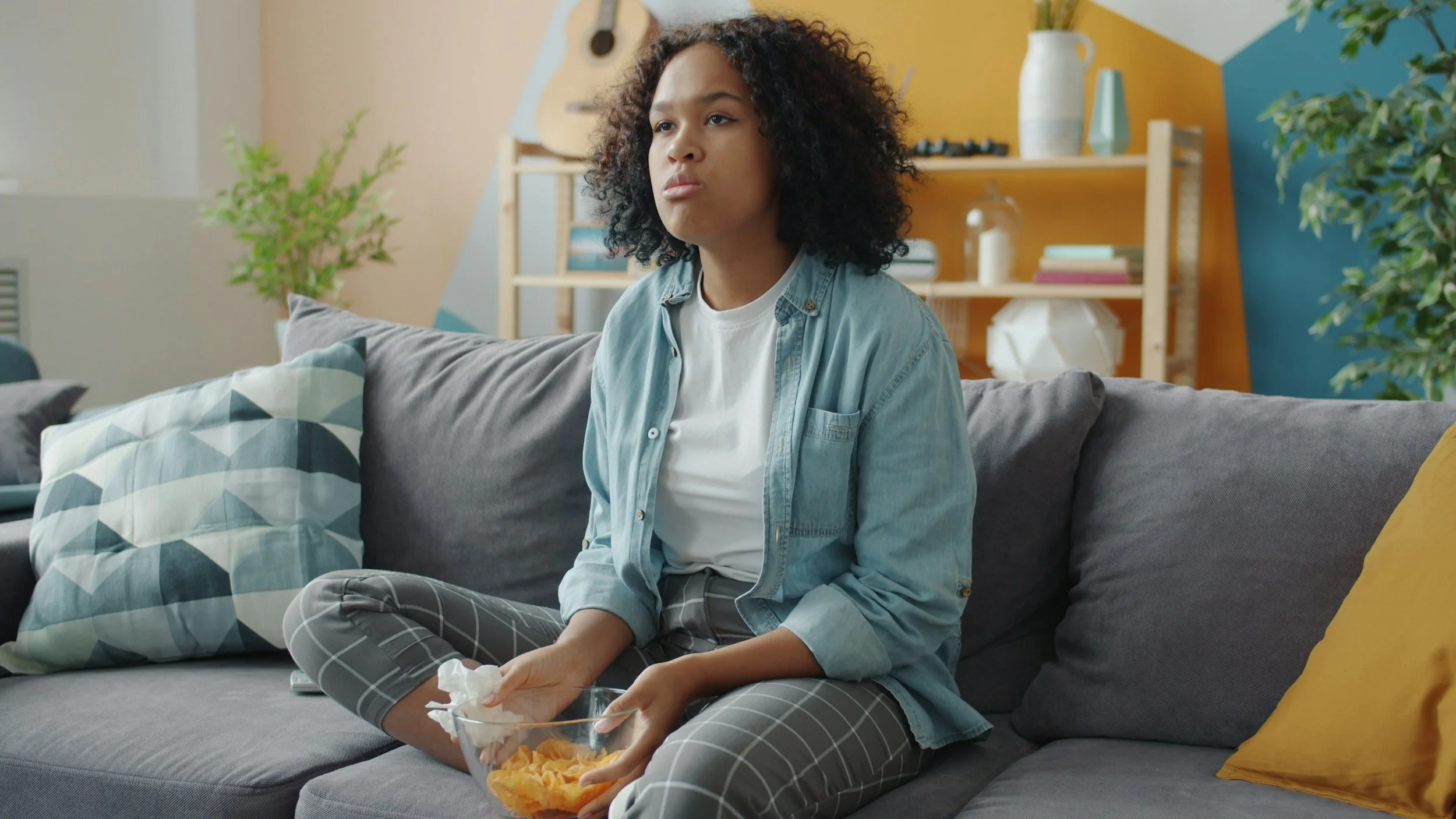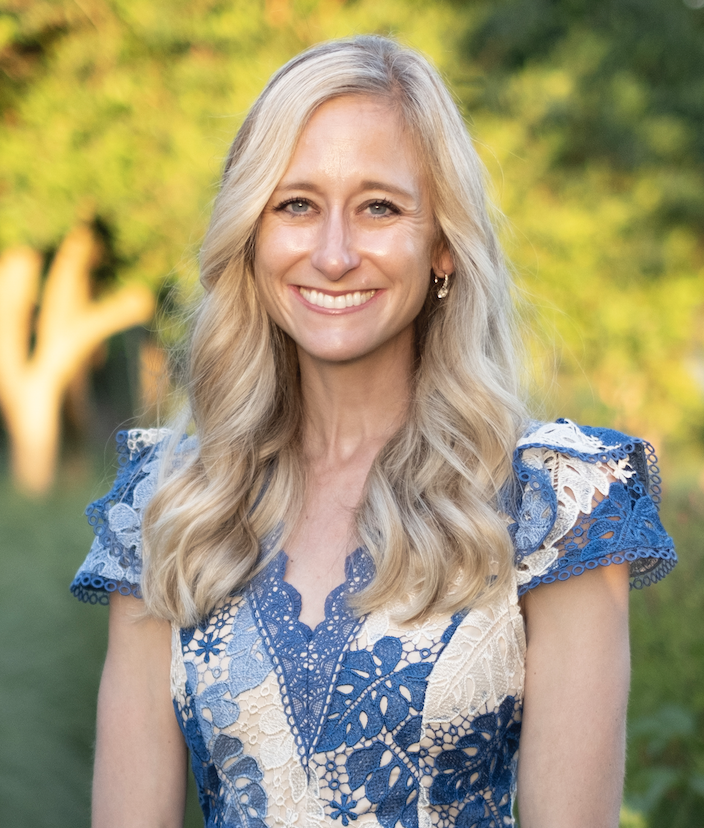
DR MARIANNE MILLER
CARING EATING DISORDER TREATMENT IN SAN DIEGO AND THROUGHOUT CALIFORNIA, TEXAS, AND WASHINGTON D.C. FOR ADULTS & TEENS

ARFID Explained: What It Feels Like, Why It’s Misunderstood, & What Helps
Avoidant/Restrictive Food Intake Disorder (ARFID) is one of the least understood eating disorders. Too often, people dismiss it as “picky eating” or assume someone can just “grow out of it.” The truth is far more complex. ARFID involves deep sensory sensitivities, powerful fears, and a nervous system response that makes eating challenging. In this post, I’ll explain what ARFID really feels like, why it is so widely misunderstood, and what approaches actually support recovery.

How Childhood Trauma Shapes Eating Disorders & Body Shame
Eating disorders are not about willpower. They are not rooted in personal weakness or vanity. They are protective strategies that emerge when a person’s environment feels unsafe, invalidating, or oppressive—especially during childhood. If you have ever struggled with disordered eating, body image distress, or rigid food patterns, it may be worth asking not what is wrong with you, but what happened to you.
In this post, I explore how childhood trauma and eating disorders are deeply connected. I will also look at how shame, systemic oppression, and nervous system responses shape our relationship with food and body.

Why Letting Go of Restriction Feels Unsafe in Eating Disorder Recovery
Letting go of food restriction is often framed as a step forward in eating disorder recovery. But for many people with eating disorders in San Diego, Los Angeles, San Francisco, and elsewhere, it doesn’t feel like freedom. It feels like fear.
If you’ve been told to “just eat more” or to “stop being so rigid,” but your nervous system screams unsafe, this post is for you. There’s a reason this step feels so hard. It’s not a lack of willpower. It’s about survival.

Navigating a Long-Term Eating Disorder
Eating disorders are often described as short-term struggles, something you move through in a few years before recovery. Although that is true for some, the reality is very different for many people. For countless individuals, eating disorders can be long-term, lasting years or even decades. When an eating disorder becomes chronic, it does not mean you have failed. It means your nervous system, life experiences, and the conditions around you have combined in ways that make recovery more complex.

How Family Therapy Can Help Your Child With ARFID: Working From a Neurodivergent-Affirming, Sensory-Attuned, Trauma-Informed Model
When a child has Avoidant/Restrictive Food Intake Disorder (ARFID), family mealtimes can quickly shift into stress and worry. Parents may wonder whether to push their child to try new foods, follow their lead completely, or attempt structured strategies like food chaining. The truth is that ARFID does not look like other eating disorders. It is not rooted in body image concerns. Instead, it often comes from sensory sensitivities, distressing experiences with food, or neurodevelopmental differences.
Family therapy that is neurodivergent-affirming, sensory-attuned, and trauma-informed offers a path forward. It helps children feel safer with food and safer in their bodies, strengthens parent-child bonds, and moves toward making eating opportunities into moments of connection rather than conflict.

Top 10 Neurodiversity-Affirming Eating Disorder Podcasts to Check Out in 2025
The conversation around eating disorders is shifting, and it’s long overdue. As more neurodivergent folks share their stories, we’re finally seeing recognition that traditional ED treatments don’t always fit every brain. Sensory sensitivities, autistic inertia, executive functioning challenges, and emotional regulation struggles all play a huge role in how neurodivergent people experience food, body, and recovery.
Thankfully, there are podcasts from California to Australia to Ireland to England leading the way in creating neurodiversity-affirming spaces where eating disorder recovery looks different — and that’s SO okay.
Here are 10 neurodiversity-affirming podcasts centering eating disorders and neurodivergent voices in 2025 (in no particular order).

The Middle Place in Eating Disorder Recovery: How Slips Can Be Stepping Stones With Mallary Tenore Tarpley, MFA
Welcome to this interview post with Mallary Tenore Tarpley, who is a journalist and author from Austin, Texas. Mallary just published a book based on her experiences with an eating disorder, as well as hundreds of interviews with diverse peoples who both suffer or have suffered from an eating disorder. Mallary also included conversations with top eating disorder experts such as Dr. Margo Maine and Carolyn Costin. Learn about the middle place, where slips, recovery, and a full life coexist.

Binge Eating in Midlife: Why It Starts (or Resurfaces) in Your 30s, 40s, 50s
Binge eating in midlife is far more common than you’ve been told. Whether it begins in your 30s or resurfaces in your 50s after years of silence, this experience is not a failure. It’s a signal from your body and nervous system. It’s something that can be treated with care and compassion.
If you’re looking for binge eating treatment in San Diego, Los Angeles, or the San Francisco Bay Area, this post can help you understand what’s really going on and how recovery is absolutely possible.

Why ARFID Isn’t Picky Eating: Signs, Symptoms, and Misconceptions
When people hear about ARFID, or Avoidant/Restrictive Food Intake Disorder, they often brush it off as picky eating. At first glance, it can look similar: limited foods, refusals at mealtimes, resistance to trying new things. But this assumption is not only inaccurate, it can also be harmful. ARFID is a serious eating disorder that deserves recognition, understanding, and treatment. In this post, we will look closely at what ARFID is, how it differs from picky eating, the signs and symptoms to watch for, and why this distinction is essential for recovery and support.
